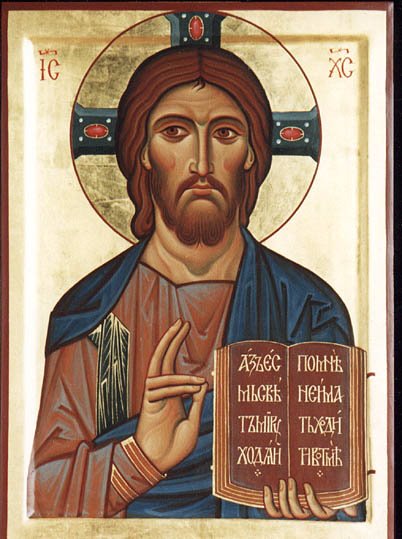
I guess, in at least one way, my life parallels that of the Misery Synod (LCMS): I tend to be behind on the current trend, not up to date, contemporary. What I mean is this: The LCMS is, let's say, about fifteen years behind other "protestant" denominations in adopting nouveau adaptations in worship, programs, etc. Don't get me wrong here, it is good that the LCMS does not move quickly to embrace such ideas, but it is bad that it will, nevertheless, embrace them in time. Unfortunately, but not unanticipated, by the time the LCMS has embraced a nouveau idea (e.g. church growth, contemporary worship, etc.), the protestants have long ago realized its failings.
The parallel to my own life is in this: I became a Yankee fan in 2000, the last time the Bombers won a World Series. Ever since they've been able to make it to the post-season, but not to the glittering prize. Lately they've not even been able to get past the first round. The glory days were in their twilight when I entered as a neophyte. Likewise, I began seminary preparation at a time when the LCMS "seemed" to be at a confessional zenith only to find that it was really the twilight of but a "shiny elbow" on a bronze monkey.
It makes me think of Springsteen's "Glory Days" as I am tempted to repristinate and pine for some non-existent epoch of perfection - aw, the fleshpots of Egypt! But true "glory" is in the cross: faith, trust, suffering, perseverance. If I will not take up my cross and follow, may it be laid upon me.
The Yankees say goodbye to Joe, Don, & Alex. There may be more goodbyes to come. What does the future hold? Who knows. There's no more of a guarantee of a pennant now than there was then. They're going to have to fight and win and take pride in that, not in some past "glory". So too those, like myself, in the LCMS - beginning at the end - we must stand with the cross (our own, and His) in faithful perseverance. We must not fight for the LCMS, but for the Truth, which alone will set us free.






